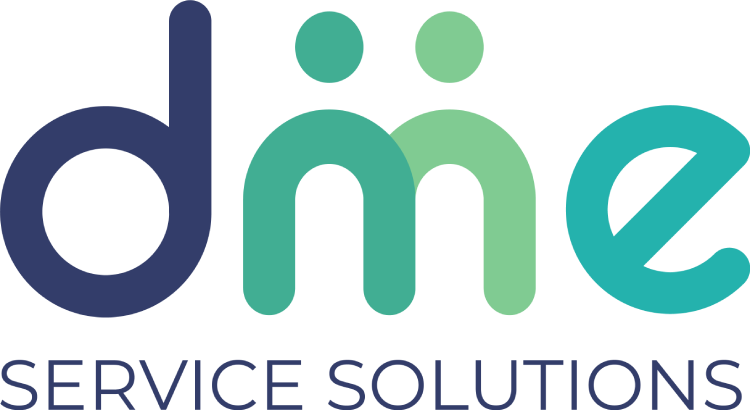Enhancing Communication in Global Healthcare: Overcoming Language and Cultural Barriers
Effectively navigating cultural and language barriers is crucial for healthcare organizations working with Business Process Outsourcing (BPO) companies. Strategic management of these challenges ensures seamless communication, high-quality service delivery, and enhanced patient care.
Understanding Cultural Differences in Agent-Patient Relationships
In the context of healthcare BPO, cultural differences play a critical role in shaping the dynamics of agent-patient interactions. Recognizing and effectively managing these differences is essential for ensuring that communication is respectful, accurate, and sensitive to the patient’s cultural background.

Bridging the Language Divide
Effective communication is critical in healthcare, where understanding and clarity can directly impact patient care and satisfaction. Bridging the language divide in healthcare settings involves more than simple translation; it requires a comprehensive approach to ensure that all patients receive equitable and understandable care regardless of their native language.
Here are several strategies to effectively bridge the language gap in healthcare BPO interactions:
Multilingual Staffing
Recruiting and hiring agents fluent in multiple languages can greatly enhance communication with patients who speak those languages. Where necessary, Healthcare BPOs should prioritize multilingual capabilities in their hiring practices, especially languages that are most spoken among the patient populations they serve. This direct approach not only improves communication but also helps in building trust and rapport with patients.
Cultural Sensitivity in Language Use
Language use in healthcare goes beyond mere translation; it involves cultural sensitivity and awareness. This includes understanding cultural nuances that affect communication styles and preferences. Agents should be trained to recognize and adapt to these nuances, which can include varying levels of directness, the use of metaphors, and differences in discussing sensitive health issues.
Strategic Approaches to Address Barriers
Navigating cultural and language barriers effectively requires a strategic and proactive approach in healthcare BPO settings. Here are several comprehensive strategies that healthcare organizations can adopt to mitigate these barriers and enhance the quality of care and communication with patients:
Strategic Sourcing and Partner Selection
Select BPO partners who not only demonstrate strong language capabilities but also have an efficient sourcing and onboarding framework. This ensures access to talented professionals who can seamlessly integrate with your operations. Assess potential partners’ language skills during the sourcing process and prioritize those with a track record of successfully managing culturally diverse patients.
Comprehensive Cross-Cultural Training
Where necessary, training should cover cultural norms, communication styles, and workplace expectations to synchronize operations across different cultures.
Emphasizing Bilingual Capabilities
Partnering with providers that offer bilingual workforce capabilities is crucial, as U.S. healthcare companies often cater to a diverse patient demographic that may include a significant number of bilingual patients. This enhances communication and improves patient satisfaction.
Understanding U.S. Healthcare Nuances
It’s beneficial to partner with a BPO that has a U.S. headquarters and on-ground support. Such a setup ensures that the outsourcing staff truly understands U.S. healthcare regulations, practices, and patient care standards, facilitating better service alignment and compliance.
Managing cultural and language barriers with your healthcare BPO partner involves more than effective communication—it requires a strategic approach to partner selection, thorough training, and a deep understanding of cultural and regulatory nuances. By implementing these strategies, healthcare providers can ensure robust, effective outsourcing relationships that are conducive to delivering high-quality healthcare services.
Interested in taking your healthcare services to the next level?
Discover how our DME Service Solutions can seamlessly integrate with your operations, providing tailored support that enhances your efficiency and patient satisfaction.

